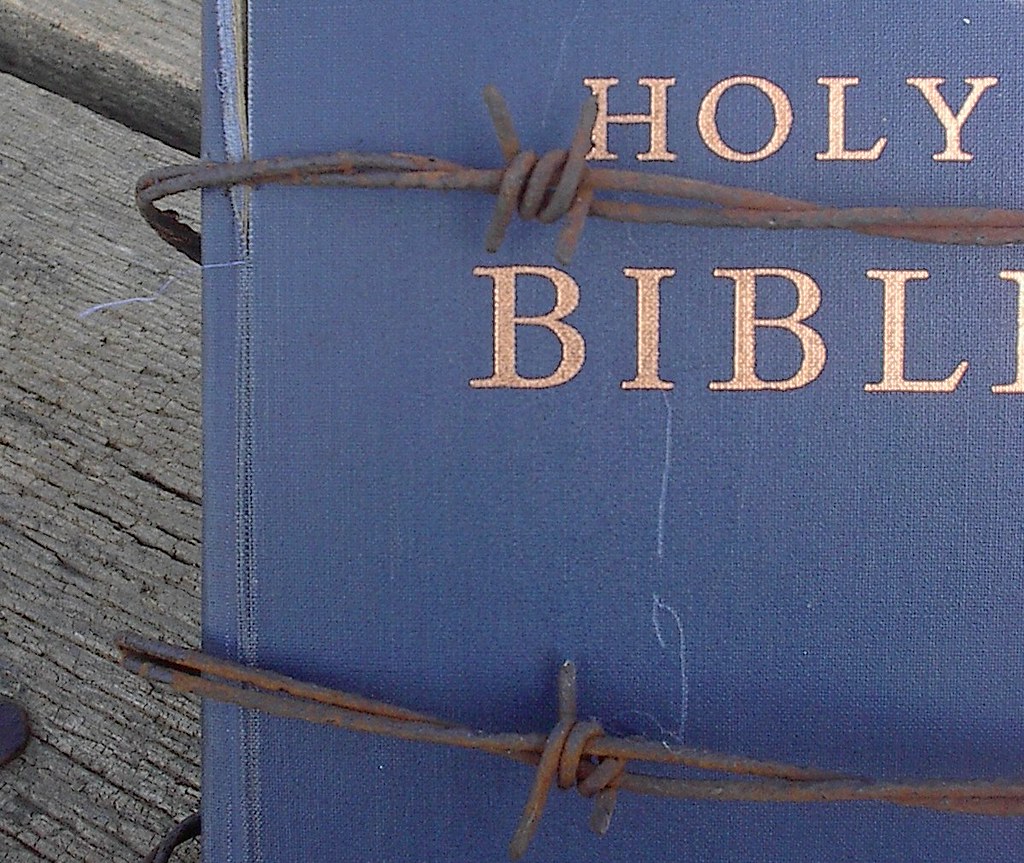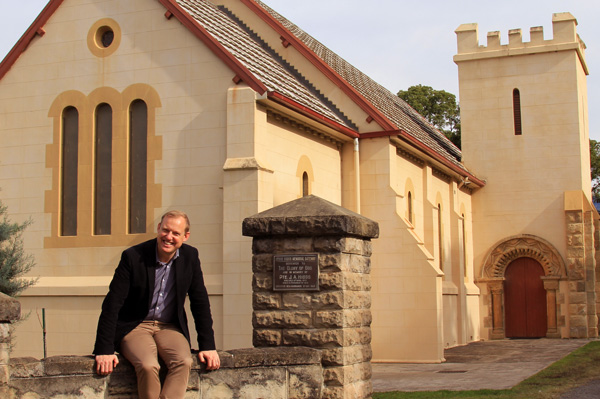Abortion’s hidden injustice

The greatest tragedy of the sexual revolution is the mass killing of unborn children through the decriminalisation and legalisation of abortion.
Whilst the decision to terminate a pregnancy should be a painful choice for the parents, the impact is undoubtedly greatest upon the human whose life comes to an end in order to benefit his or her mother and/or father.
The reason our society accepts the sacrifice of the life of an unborn child for the sake of his or her parents is because we have adopted an ethical framework that seeks the greatest pleasure or benefit for the individual.
But because the unborn child is not able to express feelings or claim rights, they are not able to defend themselves against their unwilling sacrifice for the sake of their parents.
Yet, those who advocate for abortion will often defend their practices by choosing not to define a foetus as human until the moment the child is born.
However, if we choose to listen to the word of God, then he makes it clear that embryos and foetuses are as human as a fully-grown adult.
There are many times when the Bible speaks of how God relates personally to unborn children.
Psalm 139 speaks of the personal relationship of God to the foetus, and in Jeremiah chapter 1 verse 5, God says to Jeremiah that “Before I formed you in the womb I knew you.”
In God’s sight, the life of a foetus is equal to the life of a grownup, and this is why abortion must be seen as the killing of a human.
There are plans next week to introduce a bill before the NSW Parliament that will make abortion legal right up to the moment of birth.
Let us pray that our politicians do not vote to permit doctors to kill the very babies they should be caring for.
Please also consider signing the petition at our church in order to add your name to the voices seeking to oppose this legislation.
Jodie

 As we approach another Anzac Day, we are reminded again of the horrors of war.
As we approach another Anzac Day, we are reminded again of the horrors of war.





